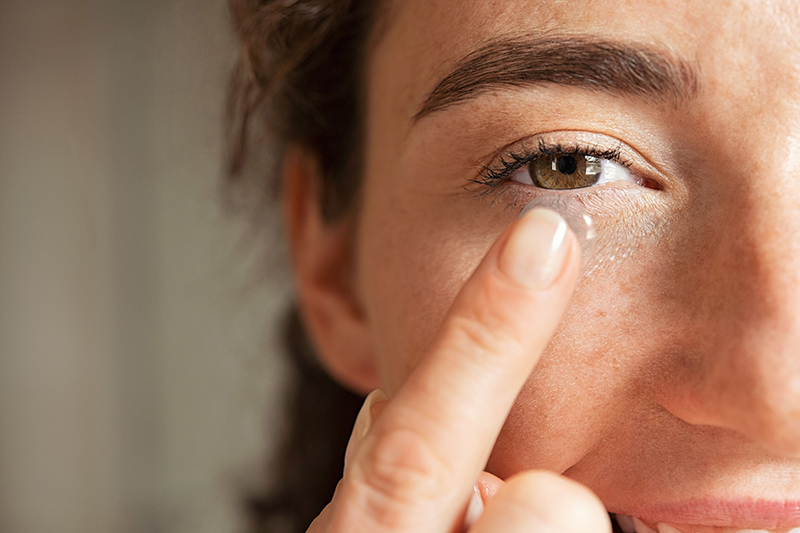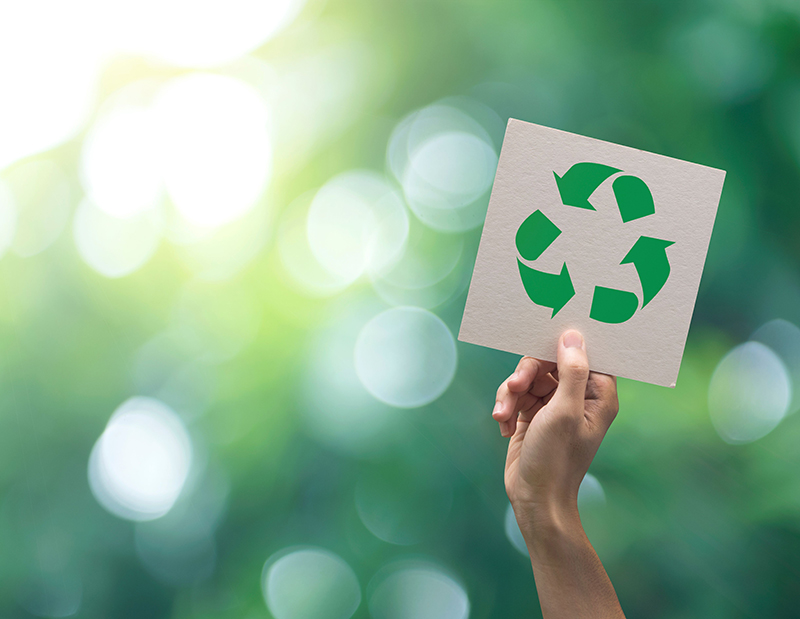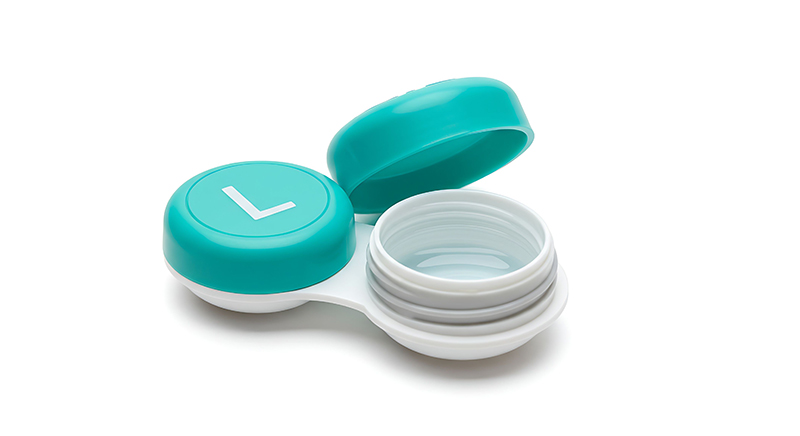The Right Way to Dispose of Contact Lenses in Aotearoa

If you wear contact lenses, you may not realise how your disposal choices impact our environment. In New Zealand, where our rivers, lakes, and coastlines are treasured taonga, the way we throw away contact lenses matters more than you might think.
The Problem: Contact Lenses and Microplastics
Research shows that contact lenses flushed down the drain or toilet can become a significant source of microplastic pollution. While precise New Zealand statistics are limited, international studies—such as those cited by NZ Optics—reveal that about 19% of contact lens wearers discard their used lenses into the toilet or sink. In the US, this translates to billions of lenses and tens of tonnes of plastic entering wastewater each year, and similar patterns are likely here.
Contact lenses are made from medical-grade plastics that do not biodegrade. When contact lenses are flushed down the sink or toilet, they can end up in wastewater systems where they break down into tiny microplastics. These particles are incredibly difficult to remove and do not decompose once they reach the ocean. Instead, they linger in the environment and are often ingested by marine animals, which can disrupt entire ecosystems and harm aquatic life. Over time, these microplastics travel up the food chain, accumulating not only in fish and other sea creatures but potentially in our own bodies as well. This growing pollution problem highlights the importance of disposing of contact lenses properly to protect marine life, preserve ecosystems, and safeguard human health.
What’s Happening in New Zealand?

- Improper Disposal: Many Kiwis are unaware that flushing or washing lenses down the drain is harmful. Contact lenses are transparent and difficult to detect in wastewater, making them especially problematic for treatment plants.
- Waste Impact: While there are no official national figures for contact lens waste in New Zealand, the environmental impact is clear. Lenses that enter our waterways can be ingested by fish, seabirds, and other wildlife, threatening our unique ecosystems.
How to Dispose of Contact Lenses Responsibly in NZ
1. Never Flush or Wash Down the Drain
- Why: Flushing sends lenses to wastewater treatment, where they can fragment and become microplastics.
- What to do: Always place used lenses in your general rubbish bin.
2. Recycle Packaging and Blister Packs

- Cardboard Boxes: These can be recycled in your kerbside co-mingled recycling bin.
- Blister Packs and Foil: These are not accepted in regular recycling due to their small size and mixed materials. Instead, take them to participating optometrists who offer recycling programmes.
- Bausch + Lomb offers a recycling programme for used contact lenses, blister packs, and foil through their partnership with TerraCycle. This scheme allows users to collect these items and return them in a special recycling box. While the boxes may be costly for individual practices to maintain, you might find more information about participating locations or how the programme works through the Bausch + Lomb Recycling Programme page on the TerraCycle website. It's a helpful resource for those looking to dispose of their lenses more sustainably.
3. Daily vs Monthly Lenses: What’s Better for the Environment?

While fortnightly or monthly lenses may create less plastic waste over time and are often seen as a more eco friendly option, many people prefer the convenience and hygiene benefits of daily disposables. If you wear daily lenses, you can still reduce your environmental impact by making sure they are disposed of correctly, never flushing them down the sink or toilet, and by recycling the blister packs and boxes where possible. Every small action helps protect our waterways and marine life.
Every Lens Counts

Aotearoa’s clean, green image is worth protecting. By making small changes to how we use and dispose of contact lenses, we can help keep our land and waters healthy for future generations. Ready to make a difference? Shop smarter, dispose responsibly, and ask your local optometrist about recycling options.
Want to learn more tips for contact lens care? Browse our resources for expert advice on keeping your lenses and eyes in top condition.
